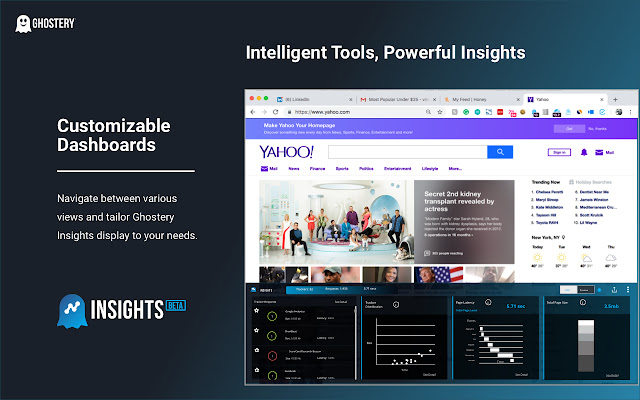Is Forex Prop Trading Taxable? Unlocking the Realities of Modern Trading Finance
Imagine this: You’ve just scored some solid gains from forex prop trading—the thrill of leveraging other people’s money while aiming for consistent returns. But as you tally up your profits, a lingering question hits you: “Is this even taxable?” That question isn’t just about paperwork—it cuts to the heart of how financial markets and regulations are evolving, especially with the rise of decentralized finance and complex asset classes.
If youre diving into forex prop trading or considering expanding into stocks, cryptocurrencies, options, or commodities, understanding tax implications is a key piece of the puzzle. Lets break down what it all means, how different asset trades stack up, and where the industry is heading.
Decoding the Tax Scene in Prop Trading: What’s the Deal?
For anyone venturing into prop trading—where firms or individuals trade with borrowed or pooled capital—the tax landscape isn’t one-size-fits-all. In the U.S., for example, profits from forex trading are often viewed as ordinary income or capital gains, depending on the circumstances. But that depends on whether you’re classified as a trader, investor, or business.
When you’re trading through a prop firm, the profits you make are typically taxable because they’re considered regular income or capital gains, just like any other income stream. But specifics can change—different states have their own rules, and international traders must navigate a maze of local tax laws.
An easy way to think about it: If you take money that’s earned through active trading and realize profits, most tax authorities are likely to see that as taxable income. The critical factors? How long you hold assets, your trading frequency, and how your region classifies trading activities.
The Intersection of Asset Types and Taxation
-
Forex: Currency trading is popular globally because of its 24-hour market. In the U.S., forex traders usually report their earnings as ordinary income, especially if they’re engaging in frequent trades or doing so professionally. The use of leverage adds flavor here—while leverage can amplify gains, it can also increase tax liability.
-
Stocks & Indices: Trading stocks or indices might be taxed as short-term or long-term capital gains, depending on the holding period. Short-term gains (held less than a year) usually get taxed at your regular income rate, making trading frequency a vital consideration.
-
Crypto: Digital currencies have blurred the lines—most countries, including the U.S., have declared crypto gains as taxable. Many traders are surprised when a seemingly simple crypto trade suddenly turns into a surprise tax bill because of a lack of clear reporting strategies.
-
Options & Commodities: These often feature more complex tax rules. For instance, in the U.S., options can be taxed as short-term capital gains, but there are specific rules for “qualified contracts.” Commodities trading might involve different forms of income recognition, sometimes with favorable special elections.
Example: A trader, active across forex and crypto, might think they’re investing casually, but tax authorities might see it differently, especially if trading is a primary income source. Keeping detailed records helps—from trade logs to transaction receipts.
The Future of Prop Trading: Trends, Challenges, and Opportunities
Now, picture the broader horizon—decentralized finance (DeFi) and AI are reshaping markets faster than ever. Traders are experimenting with leveraging blockchain smart contracts for totally automating and decentralizing their activities. This new wave of prosumer trading platforms could eventually lower barriers but adds legal and regulatory uncertainties. With less transparency, how will tax authorities track profits?
The rise of AI-powered trading bots introduces another layer. Many prop traders are starting to leverage machine learning models to predict market moves, making trading more efficient but also raising questions about regulation and taxation.
Prop trading’s outlook? It’s still vibrant, especially as firms diversify into stocks, crypto, options, and commodities, offering more ways to hedge or amplify gains. Yet, the landscape is fraught with challenges—regulation, tax transparency, and technological hurdles.
Wrapping Up: Playing Smart in a Complex World
While the landscape of prop trading continues to evolve, one thing’s clear: understanding how your trades are taxed can save you headaches down the line. Whether it’s currency, stocks, crypto, or commodities, keep meticulous records, stay aware of local rules, and look out for emerging trends like DeFi and AI trading.
Want to keep your edge? Think of your trading journey as a chess game—foreseeing tax implications and market shifts puts you ahead of the crowd. As decentralized finance grows and AI-driven strategies become mainstream, the future promises exciting opportunities—and smarter ways to play within the rules.
Trade smarter, stay compliant, and master the art of profit in a changing world—because in the end, understanding your taxes is just another part of the game.


